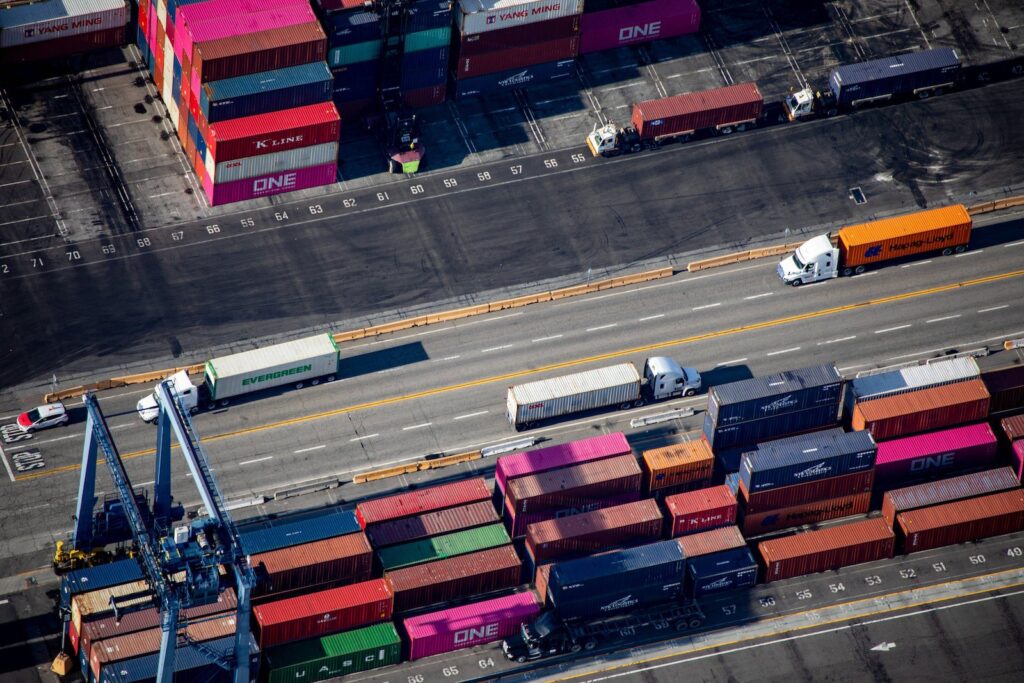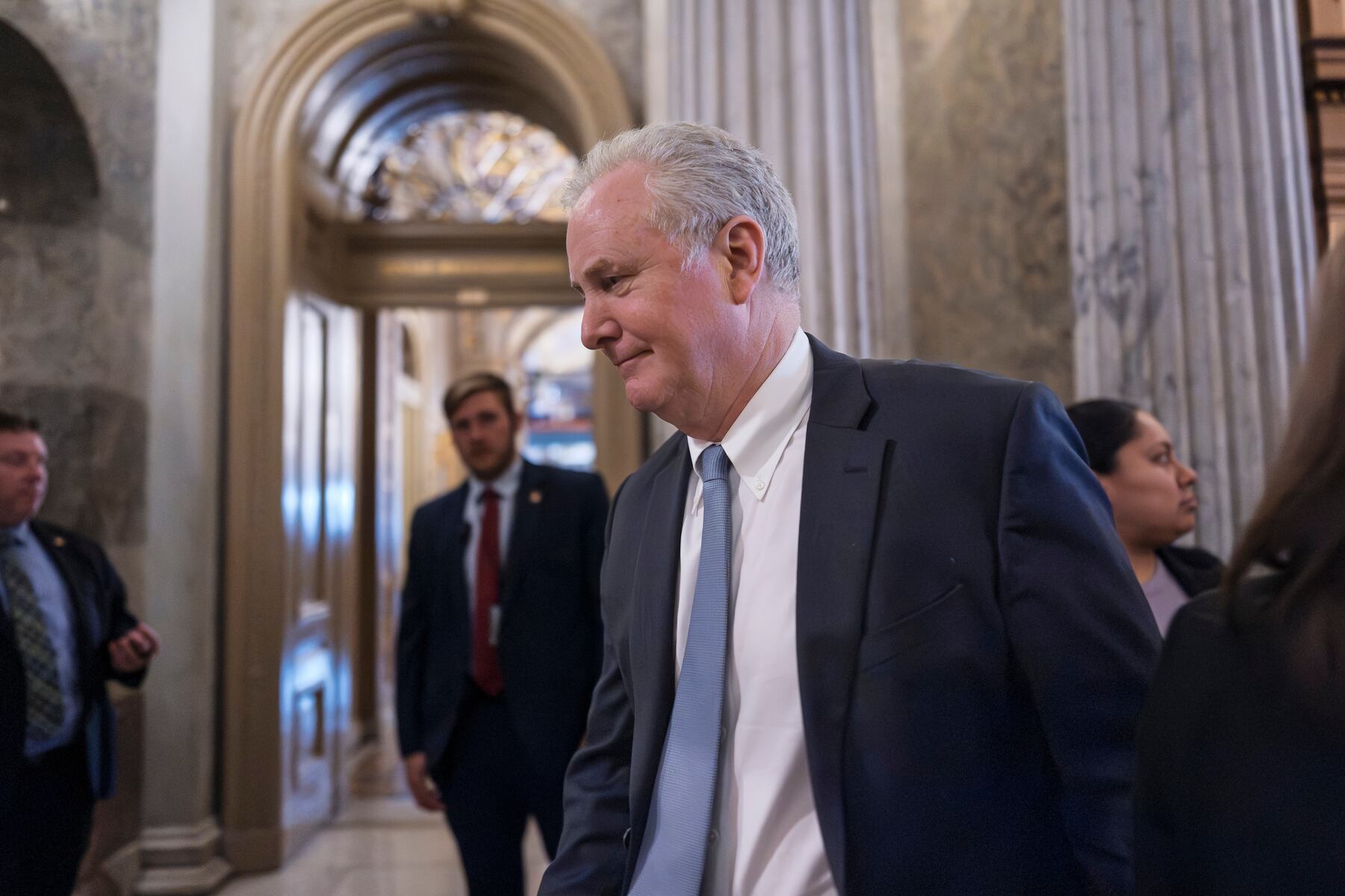
The U.S. Supreme Court is set to hear arguments in November regarding President Donald Trump‘s tariffs, which could potentially lead to the refund of up to $80 billion in customs duties. If the court rules against the administration, it would label these tariffs illegal, triggering a complex process for refunding the duties collected from businesses this fiscal year.
Should the tariffs be deemed unlawful, companies could expect to reclaim a substantial portion of the $165 billion collected in tariffs so far. Yet, the process of issuing refunds is likely to be cumbersome. According to Lynlee Brown, a global trade partner at EY, “Customs isn’t just going to hand importers a bunch of money.” The challenges surrounding the potential refunds highlight the uncertainty that businesses have faced since the introduction of Trump’s tariff policies.
Many importers are already pessimistic about recovering any funds. Harley Sitner, owner of Peace Vans, a restoration shop in Seattle, expressed his skepticism: “I have zero faith we’d ever get anything. Just zero.” The unpredictability of the tariffs has forced some businesses to cease importing goods altogether. The tariffs, which can unexpectedly add thousands to shipping costs, have become a significant burden for many.
Challenges in the Refund Process
The increase in customs duties, which saw a rise of $95 billion from the previous year, is largely attributed to tariffs imposed on imports from various countries starting in August. Two lower courts have previously ruled that Trump lacked the authority to impose these tariffs under the International Emergency Economic Powers Act. If the Supreme Court upholds these rulings, almost half of the collected duties could be eligible for refunds, but the exact process for obtaining these refunds remains unclear.
Even with the government partially shut down, agencies have continued to process tariff-related operations. U.S. Customs and Border Protection (CBP) typically approves refunds for overpayments or when rules change. However, importers must navigate a strict and often confusing process to request these refunds. This involves filing the correct paperwork within specific timelines, which can be daunting.
The majority of refunds are issued via paper checks, a practice that has been criticized for its inefficiency. Although the Trump administration mandated a transition away from checks by September 30, 2023, progress has been slow, with CBP only recently initiating this transition. Observers like Tom Gould, a customs consultant, warn that without significant reforms, the process could lead to an overwhelming backlog of refund checks, potentially resulting in millions of checks being mailed out.
Potential Complications for Importers
The logistics of refunding these tariffs are fraught with complications. Refunds are sent only to approved domestic banks, which means foreign importers might face additional hurdles in receiving their funds. There have also been reports of stolen checks being sold on the dark web, raising further concerns about the security of these transactions.
While there are methods to expedite refunds, such as automating claims based on existing data, experts caution that the administration might complicate the process. Some anticipate that individual importers may need to file lawsuits to reclaim their funds. They may also be required to submit extensive documentation of payments, which adds layers of bureaucracy to an already convoluted process.
Importers who utilize commercial couriers like FedEx and United Parcel Service to manage their shipments could face additional challenges, as refunds would be issued to the couriers rather than the actual importers. This situation could create disputes between businesses and couriers, complicating the retrieval of funds further.
As the Supreme Court prepares to hear the case, the outcome could dramatically reshape the landscape of U.S. trade policy and the financial implications for countless businesses affected by the tariffs. The impending decision underscores the ongoing unpredictability and tension surrounding Trump’s tariff regime, leaving many importers in a state of uncertainty regarding their financial future.






